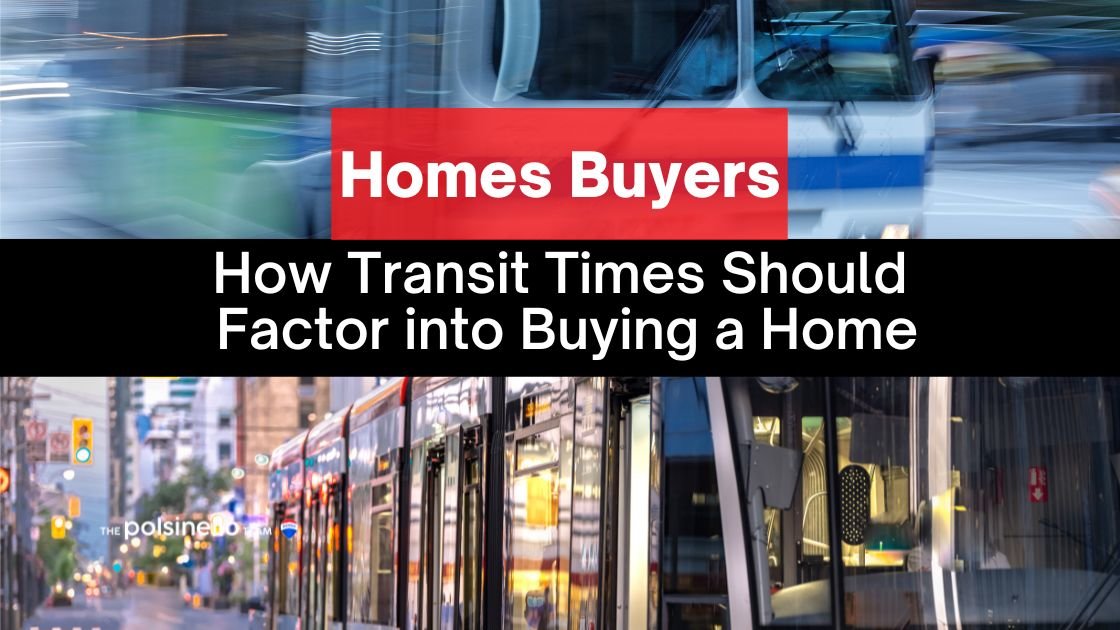
When looking for the perfect home, there are many factors to consider. One that can be sometimes forgotten when buyers are being wooed by top-tier amenities and gorgeous kitchen details is transportation concerns around the home. When researching properties, it is recommended to consider not just the commute now, but what it may look like if the buyer changed jobs or how it might work for a future homeowner, should the buyer ever sell.
People with Shorter Commutes Are Happier
Before deciding an hour-long commute is an acceptable trade-off for a home with more space, buyers should consider what researchers have learned about commute time. There is a strong correlation between short, easy commutes and happiness. Researchers discovered that adding 20 minutes to a commute can cause a loss of satisfaction and happiness which is equal to losing 19% in pay.
Further, researchers showed that the ideal commute time for happiness is a slim 16 minutes. People who were able to commute on foot or by bike were even happier than those who had short commutes by car, bus, or train.
It's not always possible to secure a commute that is ideal. Often, housing that is close to urban centers is more expensive and comes with trade-offs like high noise levels and traffic congestion. Before deciding that a significantly longer commute is an acceptable trade-off, buyers should think about whether they will be happier overall in the further-away home.
Easier Commutes Make a Home Easier to Sell
In a recent real estate survey, respondents said that a short commute to work or nearby access to public transportation were among their top concerns when choosing where to live. For 16% of respondents, it was the number one factor in choosing a home.
Buyers should consider not just their current commute, but what the future might look like. Is the home close to major roads that connect to nearby urban centers? Is there quick and easy access to public transit? Lifestyles change, and the job that someone has now may not be the one they have in five years. Additionally, if a buyer thinks that they will not stay in the home long term, they should be thinking about what will make the home most appealing to the next buyer when they are ready to sell.
A Long Commute Can Make It Harder to Get a Loan
Many people are surprised to learn that they may wind up with extra challenges if they are considering a home that would give them a long commute. Often, potential borrowers will have to show additional documentation from their employers if their prospective home address is too far from work, which can come in the form of a confirmation of employment from HR. In other cases, the borrower may explain that they work from home part of the time and only commute a couple of times a week.
The reason is this: lenders are generally more comfortable with owner-occupied homes. While a house that is up to one hour's drive from the buyer's workplace is logical, lenders might be concerned if they see a two-hour commute. This may make them worry that the home is being used as an investment property, rather than a primary home.
There is no one factor that can determine the perfect place to live for everyone. However, by adding potential drive times to the list of criteria, buyers can be more sure that they have found a home that will make them happy—not just on a day-to-day basis, but when life changes or when they are ready to sell.
Posted by Frank Polsinello on

Leave A Comment